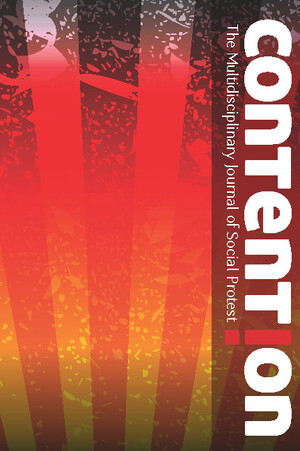How College Students Created Opportunities for Sweatshop Workers: The Anti-Sweatshop Movement and an Interactive Approach to Political Opportunity Structure
Item
Title
How College Students Created Opportunities for Sweatshop Workers: The Anti-Sweatshop Movement and an Interactive Approach to Political Opportunity Structure
Loyola Faculty Contributor
Matthew S. Williams
Abstract
Political opportunity structure (POS) refers to how the larger social context, such as repression, shapes a social movement's chances of success. Most work on POS looks at how movements deal with the political opportunities enabling and/or constraining them. This article looks at how one group of social movement actors operating in a more open POS alters the POS for a different group of actors in a more repressive environment through a chain of indirect leverage—how United Students Against Sweatshops (USAS) uses the more open POS on college campuses to create new opportunities for workers in sweatshop factories. USAS exerts direct leverage over college administrators through protests, pushing them to exert leverage over major apparel companies through the licensing agreements schools have with these companies.
Date
1-Dec-20
Publication Title
Contention
Publisher
Berghahn Journals
Identifier
https://doi.org/10.3167/cont.2020.080203
Bibliographic Citation
Matthew S. Williams. 2020. "How College Students Created Opportunities for Sweatshop Workers: The Anti-Sweatshop Movement and an Interactive Approach to Political Opportunity Structure." Contention. 8 (2): 21-52.

